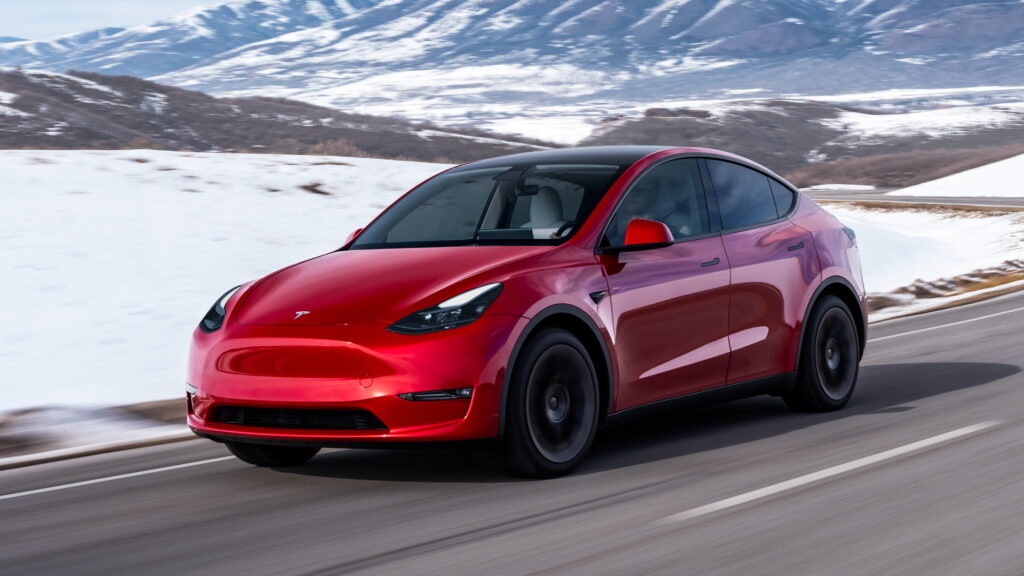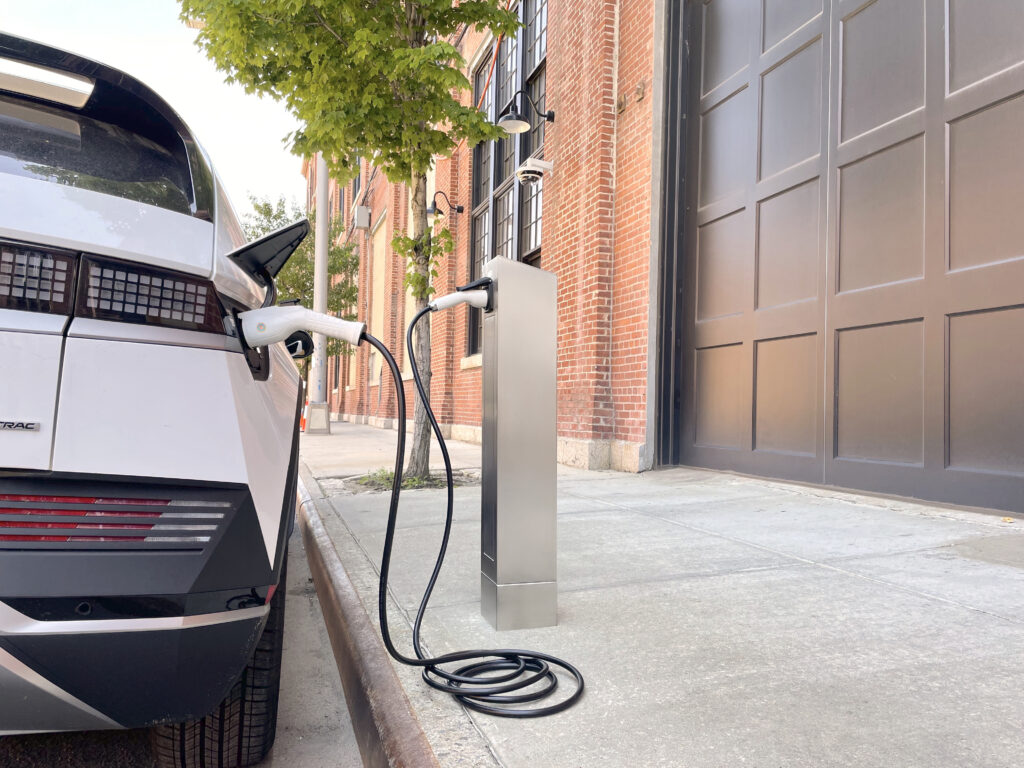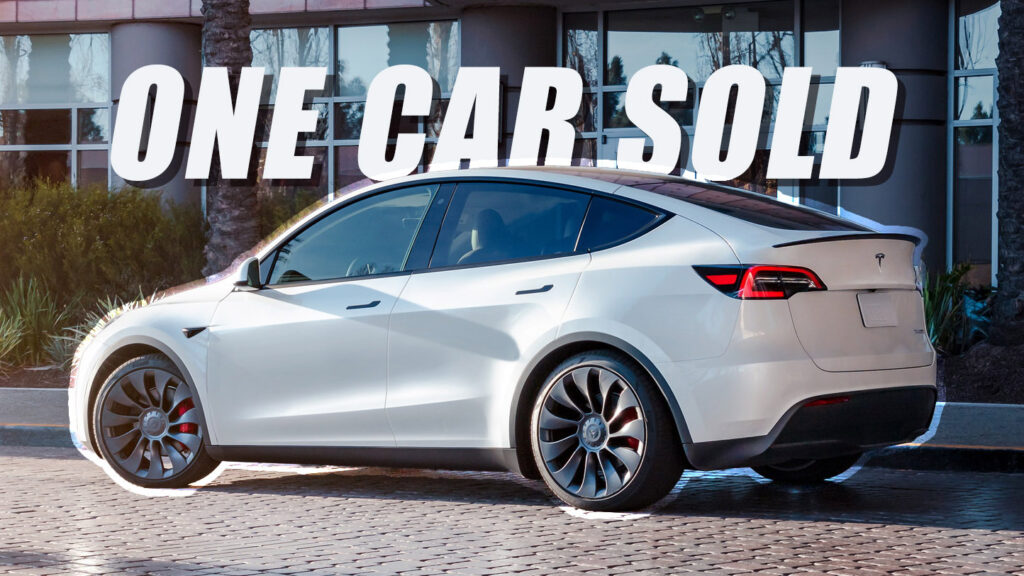The electric vehicle market in South Korea is experiencing growing pains, and Tesla’s performance serves as a dramatic example of this trend. In 2023, the American brand was the country’s top imported EV maker. However, in January 2024, it only managed to sell one vehicle.
While Tesla’s performance serves as a particularly dramatic example of the situation in the Asian country, the wider electric vehicle industry is facing challenges. Factors such as unclear EV incentives, a shortage of public fast-charging stations, and concerns about the quality of Chinese-made vehicles are impeding EV adoption.
Read: Hyundai Starts Building EV Factory In Korea, Production To Begin In 2026

For example, Tesla went from selling 1,022 vehicles in South Korea in December 2024, to selling a single vehicle in January 2024, reports Korea JoongAng Daily. The vehicle in question was a Model Y built in China. Unlike the models made in other markets, it features a lithium iron phosphate (LFP) battery.
Although this makes it cheaper than the American-made Model Y, the South Korean government has recently implemented new regulations that render it just slightly too expensive to qualify for a full tax break.
Safety Concerns Over Chinese-Made Batteries
It’s not just incentives that are impacting EV sales. Bloomberg reports that fears surrounding the safety of Chinese-made batteries have grown following a handful of highly-publicized fires. While studies show that concerns about EV fires are disproportionate (there were 132 fires caused by EVs in South Korea in the first half of 2023, compared to 4,000 fires annually for internal combustion vehicles), they have still led to consumer concerns and policies that limit charger installation below the second basement in underground parking facilities.
The nation is also facing a lack of fast charging stations. Even though South Korea boasts the highest number of chargers per driver on earth, about 90 percent of them are slow chargers. At the same time, the country has made lots of progress converting its trucking fleet to electric power, meaning that charging stations are clogged, leading to long wait times for all drivers.
As a result of these mounting concerns, the EV market shrank for the first time since 2017 in South Korea. In 2023, the nation’s consumers bought 0.1 percent fewer EVs than they did in 2022 at 157,823 units, leading to concerns about the industry’s future that are shared around the world.





